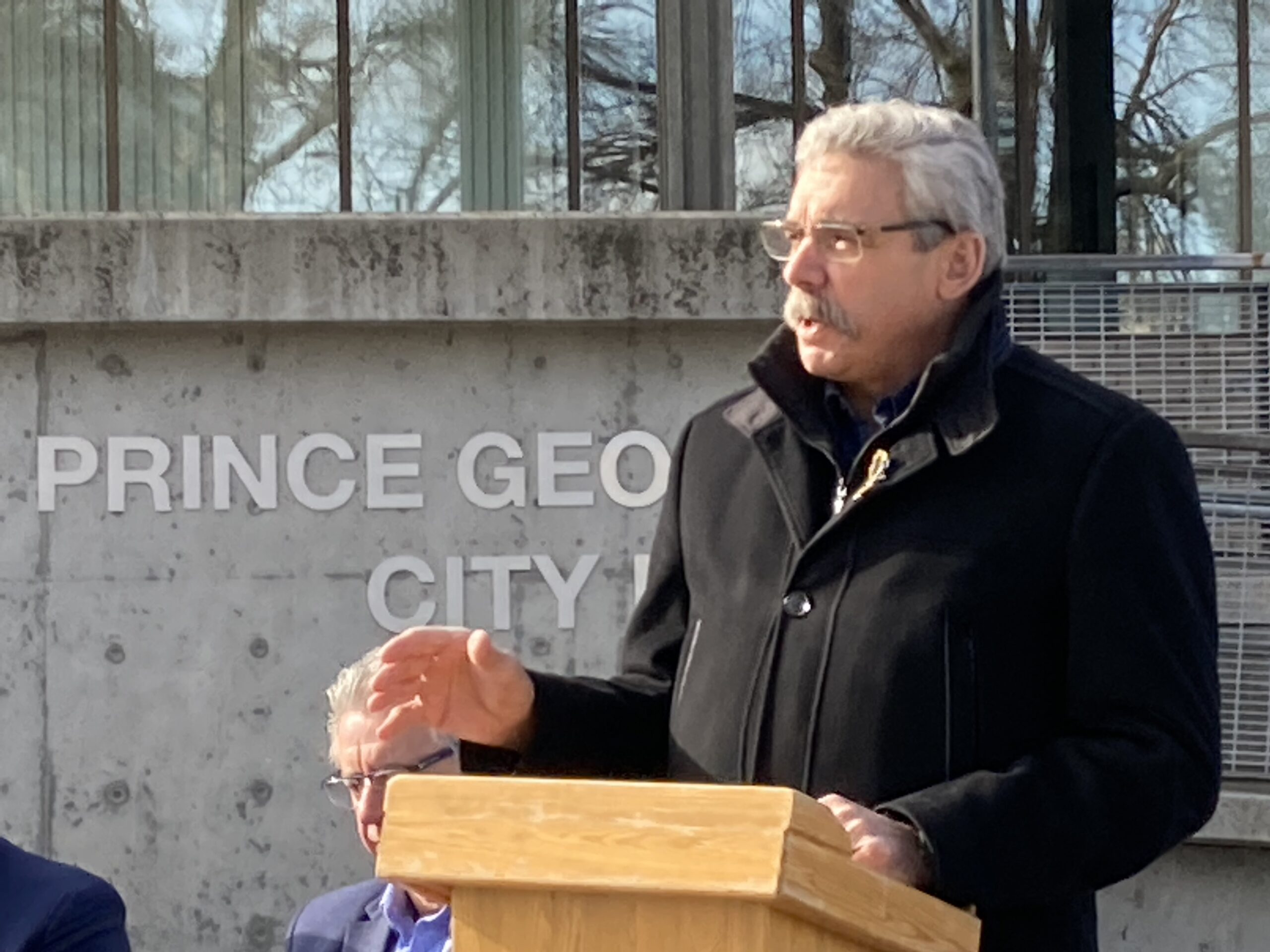“It’s tinkering with the system that needs to be looked at more in-depth.”
That’s from Prince George-Mackenzie BC United MLA Mike Morris after Ottawa proposed changes to Canada’s bail system that would make it harder for some people to be released on bail.
Bill C-48 introduces reverse-onus bail conditions for people charged with serious violent offenses involving a weapon, in cases where the person was convicted of a similar incident within the past five years.
However, Morris has mixed feelings about the move.
“A lot of the Reverse Onus provisions were eliminated with Bill C-75 and this one, although it addresses some of the issues that are out there, in my view, it doesn’t go far enough.”
“There are ample provisions in the Criminal Code for the prosecution to request individuals be held in custody to address those three elements that this bill 48 addresses. Number one is to ensure that the accused person will appear in court, that is the primary consideration.”
“The second one is the provision to ensure that public safety is foremost in the minds of the prosecution and the court when releasing somebody. Yet we see prolific offenders time and time again being released from custody. And, the third concern that the courts need to look at when they consider releasing somebody is bringing the administration of justice in to disrepute, and for the life of me, I cannot understand why it has gone as far as it has – the bar has been lowered right down to the ground here when you see people ignoring court orders and to keep the peace and be of good behaviour,” added Morris.
Federal Justice Minister David Lametti added the proposed law would also expand the reverse onus for firearm and intimate partner violence offenses.
Lametti also mentioned Ottawa wants to make sure these bail reforms do not make matters worse for Indigenous peoples and other minorities – a comment that raised eyebrows of Morris.
“I look at it this way, when a 9-1-1 call comes in, the police attend and they have grounds to arrest somebody they conduct an investigation and that is the end of the police involvement, it is now forwarded to the crown counsel and if there are enough grounds for a charge, a charge is laid.”
“Race has nothing to do with it during this whole process. It just so happens that a lot of these first nations communities are prone to these lifecycles. I think the filter needs to be put in front of the entire system before it even gets into the court system.”
“We need to have addictions and recovery centres for individuals. Unfortunately, a lot of them are people who live in First Nations or remote communities and sometimes they are expelled from those communities and have no place to go other than core cities like Prince George,” said Morris.
Something going on in the Prince George area you think people should know about?
Send us a news tip by emailing [email protected].






